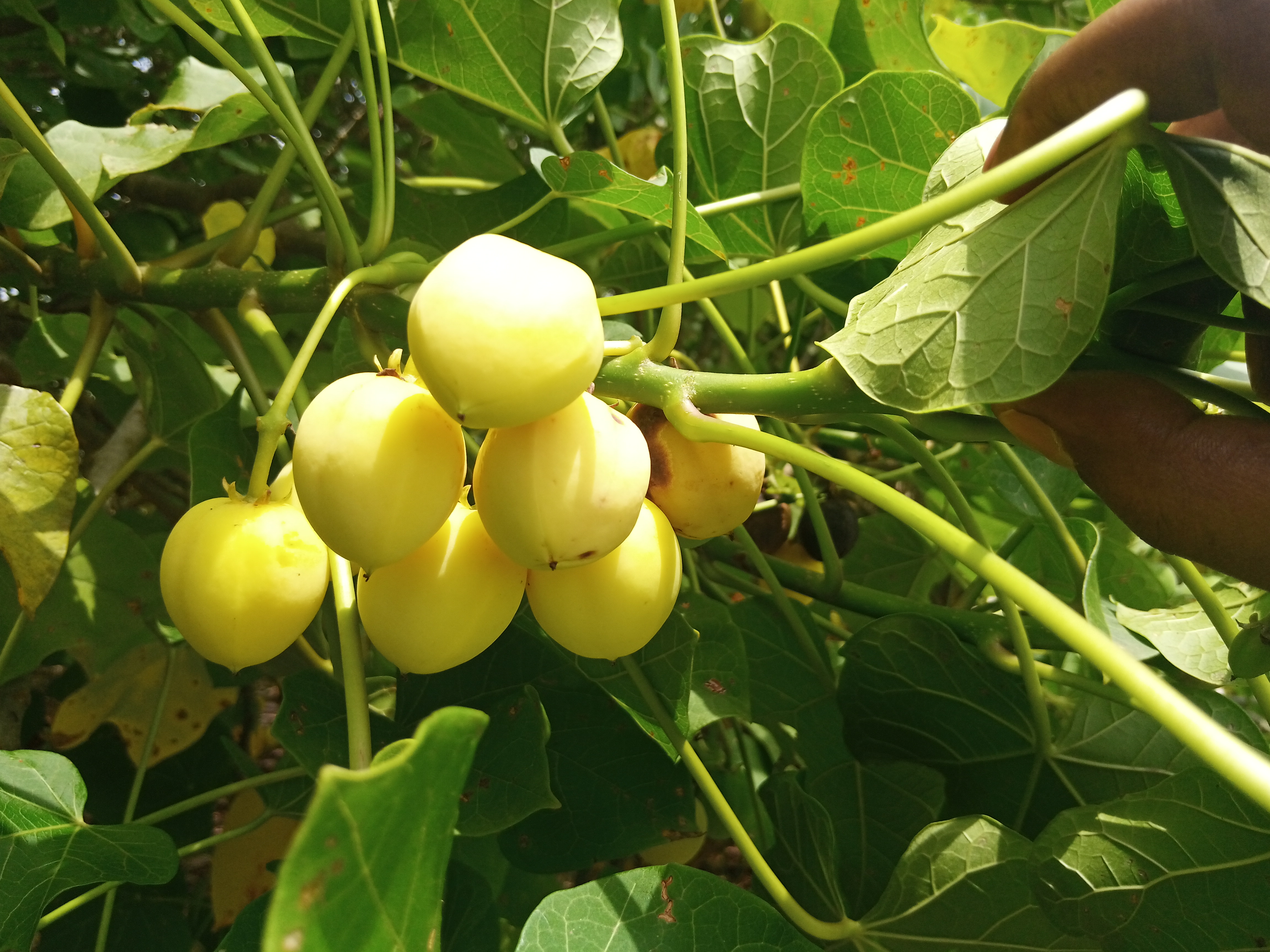Project Partner: Triputra Agro Persada (TAP), JOil Pt Ltd
Geographies: Indonesia
What is the core idea of the pilot?
PT Triputra Agro Persada (TAP), through its subsidiary, TAP Applied Agri Services (TAPAS) in cooperation with Temasek Foundation (TF) and JOil Pt Ltd are implementing an 8 ha jatropha planting program in Desa Tekashire, Dompu, West Nusa Tenggara, Indonesia.
Jatropha has been long positioned as a crop that is good for planet and people. It is able to rehabilitate marginal/degraded land, has carbon sequestration potential, and can grow in relatively poor soil leading to increased land productivity. The crop can also improve livelihoods, provide employment, is less resource-intensive to grow, and can be used for other bio by-products in addition to biofuels.
Jatropha farming can thus yield multiple benefits for the environment and for communities if a viable value chain can be established. It has been successfully piloted in Ghana and will now be piloted in Indonesia.
Why is this innovative?
- Apart from being a co-investor, TAPAS also acts as a pilot development project operator for the Jatropha project.
- TAPAS is also assisted by JOil, a research company that has developed jatropha seeds that can produce maximum productivity and oil yield. In developing jatropha seeds, JOil has carried out developments in Ghana to produce jatropha seeds that can potentially be developed commercially.
What will success look like?
- Jatropa reaches a level of productivity that can be scaled and developed commercially (10,000 ha), to become a strategic commodity in the Tekashire villages and create new economic opportunities for local communities
- Incentivise sustainable land management of marginal/degraded lands by local communities
- Contribute to the R&D and supply of renewable, less carbon-intensive alternative biofuel
How will success be achieved?
- Pilot a Jatropha plantation over a two-year period to study the Jatropha value chain and develop an overarching strategy.
- Demonstrate if new seed varieties can deliver competitive yields in Indonesian soils and increase community incomes with revenue from community Jatropha plantations.
- Socialise Jatropha project to establish community support and participation.
- Provide philanthropic capital to seed community farms. Planting materials, inputs, fertilisers as well as labour compensation will be provided. Yield-gap funding will also be provided.
- Feasibility study to extrapolate up to 10,000 ha on marginal/degraded land and develop appropriate processing infrastructure. Offtake of Jatropha nuts will be guaranteed for smallholder farmers.
- Determine if a Jatropha value chain to produce Jatropha biodiesel and by-products is viable at scale in Indonesia and can become an important part of Indonesia’s economic development.
Who is leading the project?
Triputra Agro Persada (TAP) is the agribusiness subsidiary of Triputra Investindo Arya (Triputra Group), engaged in palm oil, rubber, and other commodities. TAP manages over 160,000 hectares of palm oil plantations and is committed to sustainability practices by working closely with environmental agencies to ensure adherence to global best-practices. TAP will be conducting trials on the development of jatropha plants in West Nusa Tenggara, Indonesia, to be used for energy and a new source of livelihood for the local communities.








.tmb-.jpg?Culture=en&sfvrsn=9ab1f1f6_1)



